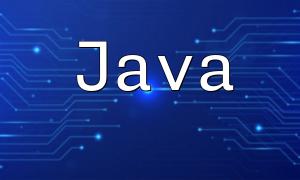In PHP development, static variables are a special type of variable that can be declared inside a function but retain their value even after the function finishes executing. This makes them ideal for managing data that needs to persist across multiple function calls.
Static variables in PHP have a script-wide lifetime but are scoped only to the function in which they are declared. Using the static keyword, you can ensure that a variable inside a function retains its value between calls without being reinitialized.
function testStatic() {
static $count = 0;
$count++;
echo $count;
}
testStatic(); // Output: 1
testStatic(); // Output: 2
testStatic(); // Output: 3In the example above, each time testStatic() is called, the $count variable increments and retains its value even after the function ends.
Static variables can be extremely useful in real-world PHP applications. Here are two common scenarios:
Static variables are handy for tracking the number of times a function has been called, such as counting user visits or function invocations.
function visitorCounter() {
static $counter = 0;
$counter++;
echo "Visitor count: " . $counter;
}For performance-heavy functions, static variables can cache results and avoid redundant computations, improving efficiency.
function expensiveOperation() {
static $result;
if (!isset($result)) {
$result = computeExpensiveValue();
}
return $result;
}Here, the expensiveOperation() function performs the actual computation only once and returns the cached result in subsequent calls.
Despite their advantages, static variables should be used with care. Keep the following in mind:
Static variables in PHP offer a powerful way to persist data within functions across multiple calls. They are especially useful for tasks like counting or caching, allowing for more efficient and optimized code. However, developers should be mindful of scope limitations and avoid excessive reliance to maintain code clarity and maintainability. Mastering the proper use of static variables is a key step in writing robust PHP applications.









